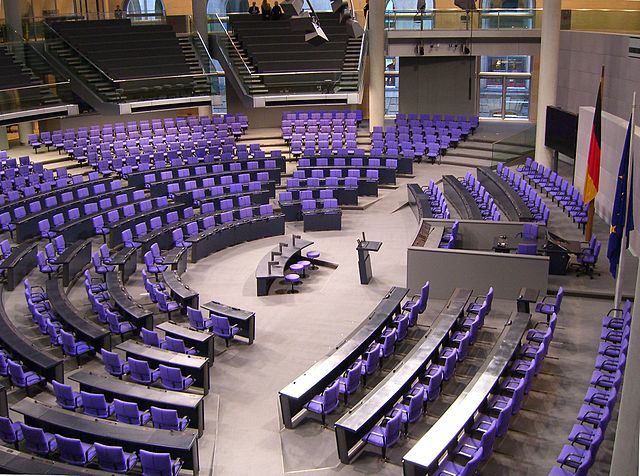Fehler / Error
Die von Ihnen angeforderte Seite konnte leider nicht gefunden werden. Bitte orientieren Sie sich über die Navigation oder nutzen Sie unsere Suche.
The page you requested could not be found. Please use the navigation to find your way or use our search function.

